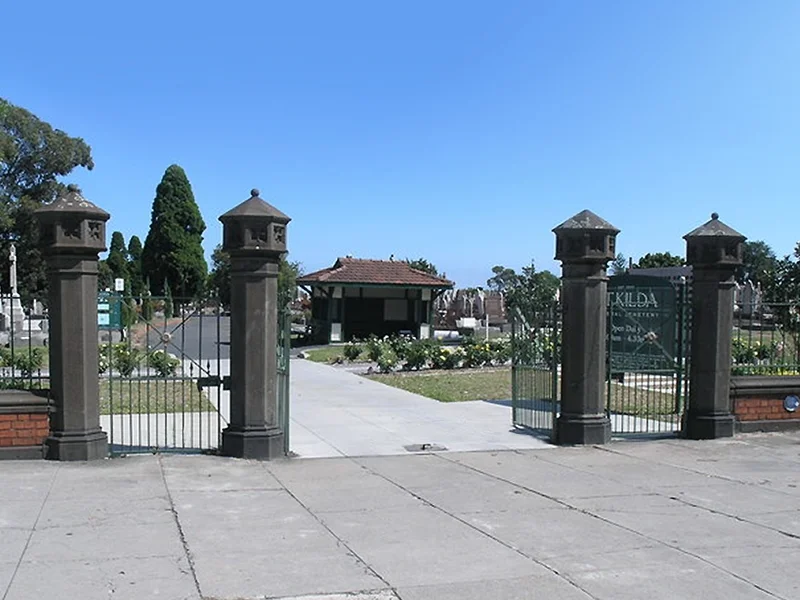How much does it cost to plan a funeral?

“I realized death isn’t the worst thing. It’s the last thing. And endings are hard, that’s all.”
We receive many questions about end-of-life planning, and we understand that it can seem overwhelming and complex. Unfortunately, many of us are first introduced to the intricacies of funerals when we are mourning the loss of a loved one. If this is the case for you, we know that trying to plan while grieving is incredibly difficult, and we hope we can help you with your questions.
The most practical place to start when considering funerals is cost. The three most common questions we are asked regarding funerals are the following:
What is the cheapest option?
A direct cremation – meaning no service, no attendance – is the cheapest option but you will still be liable for the cost of the cremation, coffin, death certificate, transportation and all the legal paperwork. Not all crematoriums offer direct cremations so you may need to ask around if this is your preference.
What other costs are there for a funeral?
The other costs of a funeral are generally down to personal choice and can include the funeral director’s fees, the ceremony, catering, service booklets, flowers, burial, newspaper notices and more.
Broadly speaking, funeral director fees include the things necessary for arranging and carrying out the funeral service such as transferring the deceased, mortuary care, arranging newspaper notices and the registration of death, and liaison with celebrants, venues, florists and family.
In addition to their own fees, funeral directors might charge additional fees for venue hire, celebrant or clergy costs, flowers, transport of the family, viewings, and any additional personalised elements requested by the family.
Other costs might need to be taken into consideration include headstones or memorial plaques and/or cemetery fees.
What if your family can’t afford a funeral?
If a person’s estate or family can’t cover the cost of a funeral, the relevant authority for that state or territory can provide funding for the person to be laid to rest. For further details on how to access state-funded services in Victoria, please read our information for families experiencing financial hardship.
It is important to note that state funding may only cover a burial or cremation, and not a funeral service. The deceased person’s body or ashes may be placed in a common grave, but details of the plot’s location will be retained for the public record.
In Victoria, low-income Victorians who have limited or no funds can also contact the funeral charity Bereavement Assistance for support.
If you have further questions, or are looking assistance in planning a service, please contact us.





